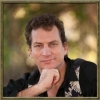Sign in to follow this
Followers
0

What is your definition of "Western Daoism"?
By
Stigweard, in General Discussion

By
Stigweard, in General Discussion